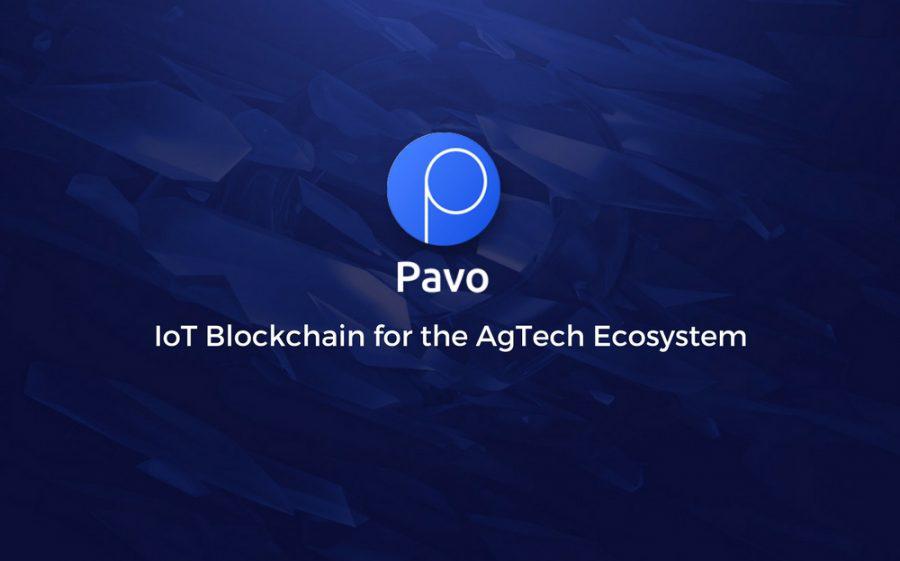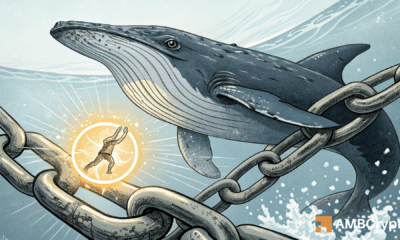
Japan faces unique challenges when it comes to its agricultural sector, but, true to form, it’s the country’s young, tech-savvy generation that could hold the key to unlocking the potential of the country’s urban farming sector in a way that boosts its overall crop output and its economic future.
Japan is well-known for being an early adopter of technology, and the Japanese agricultural industry is no exception. Although the average farmer in Japan is over 66, Reuters reports that the number of young people working in Japanese agriculture is starting to rise, and younger growers are embracing AgTech like never before.
That’s why Pavo believes its transformational solution that combines Machine Learning software, Artificial Intelligence (AI), Internet of Things (IoT), and blockchain technologies can have a substantial positive impact on the Japanese agricultural economy.
The company’s data-driven IoT Blockchain platform helps farmers to monitor and analyze growing conditions and optimize their techniques for any cultivation conditions. Pavo’s app lets growers examine and adjust their production environments from anywhere in the world via the platform’s user-friendly web- and mobile-based system. Their seed-to-table business model helps growers increase yields through sophisticated machine learning and leading-edge algorithms.
The platform also helps eliminate inefficiencies in the supply chain through blockchain enabled smart contracts and use of digital currency.
The Pavo team has already established its AgTech chops, having helped Turkish hazelnut farmers cope with extreme weather events that adversely impacted hazelnut crops four years ago. By working directly with growers, the Pavo team developed a dynamic software modeling system that predicts growing conditions based on data for the past 10 years.
Their technology continues to successfully help tree nut farmers to this day—a crop that is notoriously difficult to cultivate—by forecasting the growing conditions and yield for each tree in a farmer’s orchard, computed using 350 days of environmental conditions prior to the observed counting time point. Their process goes beyond using retrospective analysis alone, however.
Pavo delivers a method of crop estimation that also incorporates the impact of current weather conditions so that growers can track information and use it to make adjustments remotely and in real time throughout the entire growing cycle to ensure that vital crop measurements stay within optimal ranges.
Pavo’s data scientists have successfully conducted predictive modeling that indicates that significant yield increases can be achieved, regardless of crop, at any scale. The company’s ability to help optimize crop yields could be particularly crucial in the face of the mounting urbanization of Japanese agriculture.
As the global population and temperatures continue to climb, the UN’s Food and Agriculture Organization [FAO] estimates that by 2050 food production will need to increase by 70% to meet nutrition needs. Japanese farmers are already confronting this reality within their limited agricultural infrastructure, and they are leading the way in urban agriculture advancements by adopting the latest in AgTech innovation.
The unique pressures of Japanese urbanization and farming today could be a bellwether for the global agricultural landscape of tomorrow. With Pavo’s unique ability to home in on individual crop optimization, right down to individual trees within a hazelnut orchard, for instance, their technology is particularly well suited for a disparate agricultural scenario like Japan’s.
Younger Japanese farmers are acquiring small holdings as older growers age out of the industry. That means that both smaller and corporate farmers are potentially overseeing better organized, yet scattered operations across the country.
A robust solution like Pavo’s will help win the day in this environment, where a grower will be able to meet market needs efficiently because they are able to remotely manage their crops across the country and deliver quality products to their customers, even if the fields they manage are strewn among spread-out acreages.
The globalization of agriculture also puts unique pressure on the Japanese economy. Increasing trade anxiety, in particular, means that the country may need to depend on its own food output to feed itself. While subsidies and tariffs presently protect the country’s rice farmers, younger agriculturists believe they could compete better on the world market if they adopted improved technologies.
Pavo can help these forward-thinking young farmers by giving them the high-tech tools they need to manage their farms. Pavo’s blockchain capability means that a consumer will be able to track exactly where a product comes from, how it was grown, what pesticides (if any) were used, and how it was transported to their table.
This allows customers to re-establish that unique relationship of trust that until now they could only develop with a local farmer. The technology also allows smaller growers to brand themselves as quality producers, so they can get their product to the wider market while being paid a fair price for their crops.
Pavo’s unique technology brings the ages-old, farm-to-table cycle full circle through its innovative deployment of machine learning and blockchain technology. Farmers can apply their intuitive knowledge, based on solid data modeling, to cultivate their crops, while consumers can again buy products with the assurance that they know how their food was grown.
With the company’s help, Japan may just demonstrate to the world how urban agriculture could meet the needs of tomorrow’s global population.
For more information on Pavo be sure to visit their website here!






